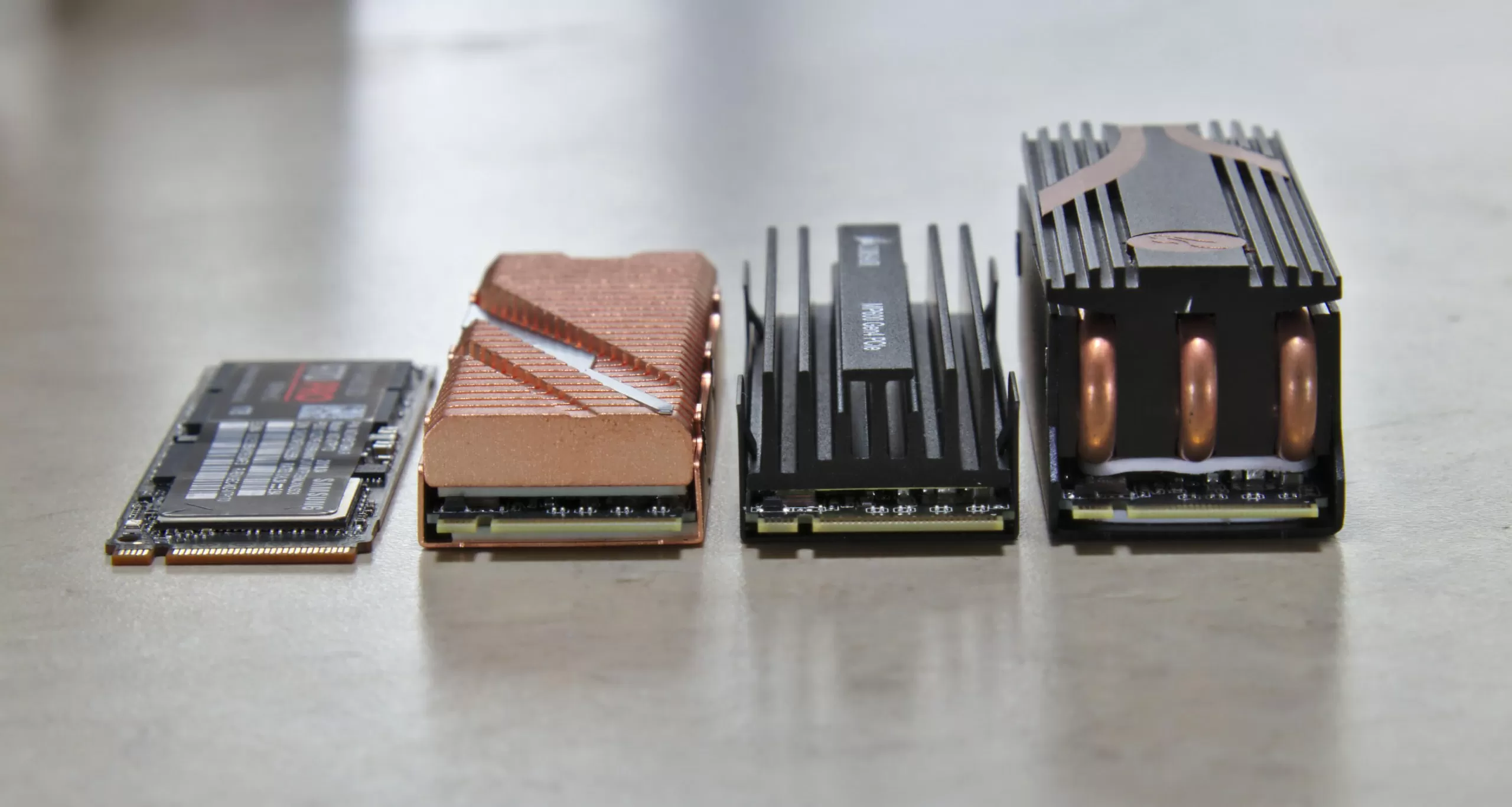My pcie gen 4 nvme is right at 1 million iops. So that's a solid boost from previous iterations.
Hmm, unless you are talking Optane, which appears to be a mixed bag - doesn't look like the interface makes all that much difference.
A good PCI 4 will tend to beat a good PCI 3, but it isn't universal that just by being PCI 4 that it will be better than PCI 3
The Samsung in these tests is PCI 3, vs 3 other PCI 4 NVMe drives. The Samsung actually beats some of the PCI 4 drives at times. THe Sequential Read Speed benchmark is about the only thing the PCI 4 drives consistently and significantly win at, where they can leverage that sustained speed advantage. Everything else is either a mixed bag or pretty much within margin of error to my untrained eye.
I'd point out specifically the game launch times - where the PCI 3 Samsung actually beat out all the PCI 4 drives -- and the Optane drive! (But I will admit the results were all really really close, so I wouldn't call it significant)
High performance storage is in transition as the industry is beginning to adopt the PCIe 4.0 standard. In this roundup, we'll be taking a look at the...

www.techspot.com
(The real take away here is that Optane looked fantastic on some specific benchmarks, but somehow that translated to only mediocre real-world testing)
So - yeah IOPS is a thing, but it looks like we hit the point of diminishing returns on PCI 3 and not the end-all-beat-all that I alluded to earlier - even Optane with it's fantastic latency can't overcome whatever the next bottleneck is. Unless you routinely do bulk file copies, PCI 4 (and I imagine that will extend to PCI 5) does nothing for you. Boot times, game and app launch times, etc all are virtually the same regardless of interface.
The drive controller / firmware matters more than the PCI interface revision.


